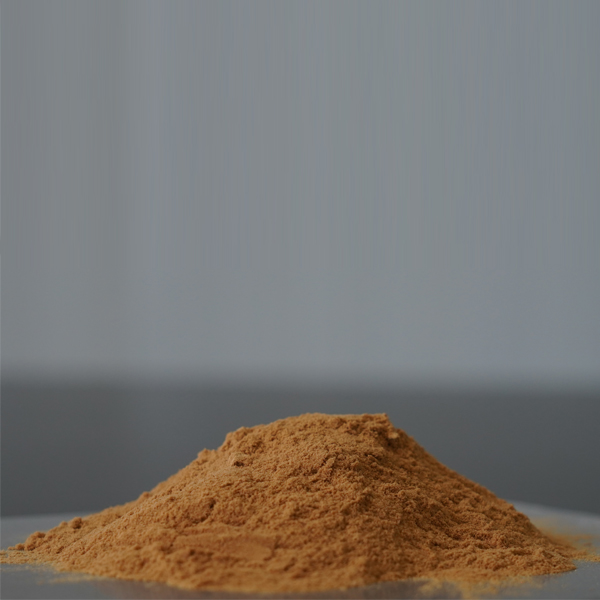
News
Jul . 29, 2024 20:27 Back to list
Top Suppliers of Micronutrient Foliar Fertilizers for Enhanced Crop Growth and Health
The Importance of Micronutrient Foliar Fertilizers A Comprehensive Guide for Suppliers
In the evolving landscape of agriculture, the focus on sustainable and efficient farming practices has never been more critical. One particular area that has garnered significant attention is the use of micronutrient foliar fertilizers. As a supplier in this niche market, understanding the significance, benefits, and application of these fertilizers can help you cater to the needs of modern agronomists and farmers effectively.
Understanding Micronutrients
Micronutrients are essential elements that plants require in small amounts for optimal growth and development. These include iron, manganese, zinc, copper, molybdenum, and boron, among others. Although needed in minute quantities, their role in plant health cannot be overstated. They are crucial for processes such as photosynthesis, chlorophyll production, nitrogen fixation, and enzyme activation. A deficiency in any of these micronutrients can lead to poor crop yields, reduced quality, and increased susceptibility to diseases.
The Role of Foliar Fertilizers
Foliar fertilization involves applying fertilizers directly to the leaves of plants. This method allows for the quick absorption of nutrients through the leaf surface, providing a rapid response to nutrient deficiencies. Micronutrient foliar fertilizers are especially effective in addressing deficiencies when soil application may not be sufficient or practical. For instance, certain soils may bind nutrients tightly, making them less available to plants. In such cases, foliar application can circumvent these challenges, ensuring that crops receive the necessary nutrients promptly.
Benefits of Micronutrient Foliar Fertilizers
1. Rapid Nutrient Uptake Foliar fertilizers enable quick absorption of essential nutrients, often leading to visible improvements in plant health within days. 2. Enhanced Crop Quality Adequate micronutrient levels can improve not only the quantity but also the quality of crops, leading to better market prices and increased profitability for farmers.
micronutrient foliar fertilizer supplier

3. Reduced Environmental Impact By precisely targeting nutrient delivery, foliar applications can reduce overall fertilizer use, minimizing the risk of runoff and subsequent environmental degradation.
4. Flexibility Foliar fertilizers can be applied at any growth stage, making it easier for farmers to address specific deficiencies as they arise.
5. Compatibility Many foliar fertilizers can be tank-mixed with other pesticides or fungicides, streamlining the application process and saving time for farmers.
Considerations for Suppliers
As a supplier of micronutrient foliar fertilizers, it is crucial to offer products that are of high quality and tailored to specific crops and soil conditions. Understanding the local agronomic conditions and the specific needs of your clientele can greatly enhance your product offerings. Conducting soil and tissue tests can help farmers identify deficiencies and allow you to recommend suitable foliar fertilizer solutions.
Additionally, providing education and support to your customers is key. Many farmers may not fully understand the benefits of foliar feeding or how to properly apply these products. Offering workshops, informative materials, and personalized consultations can build trust and loyalty among your clientele.
Conclusion
In conclusion, micronutrient foliar fertilizers play a vital role in modern agriculture by ensuring that crops receive the necessary nutrients for optimal growth and yield. As a supplier, focusing on high-quality products, understanding the unique needs of your customers, and providing educational resources will position you as a leader in the market. Embracing the growing trend towards sustainable farming practices will not only benefit your business but also contribute to a healthier planet.
-
Polyaspartic Acid Salts in Agricultural Fertilizers: A Sustainable Solution
NewsJul.21,2025
-
OEM Chelating Agent Preservative Supplier & Manufacturer High-Quality Customized Solutions
NewsJul.08,2025
-
OEM Potassium Chelating Agent Manufacturer - Custom Potassium Oxalate & Citrate Solutions
NewsJul.08,2025
-
OEM Pentasodium DTPA Chelating Agent Supplier & Manufacturer High Purity & Cost-Effective Solutions
NewsJul.08,2025
-
High-Efficiency Chelated Trace Elements Fertilizer Bulk Supplier & Manufacturer Quotes
NewsJul.07,2025
-
High Quality K Formation for a Chelating Agent – Reliable Manufacturer & Supplier
NewsJul.07,2025
